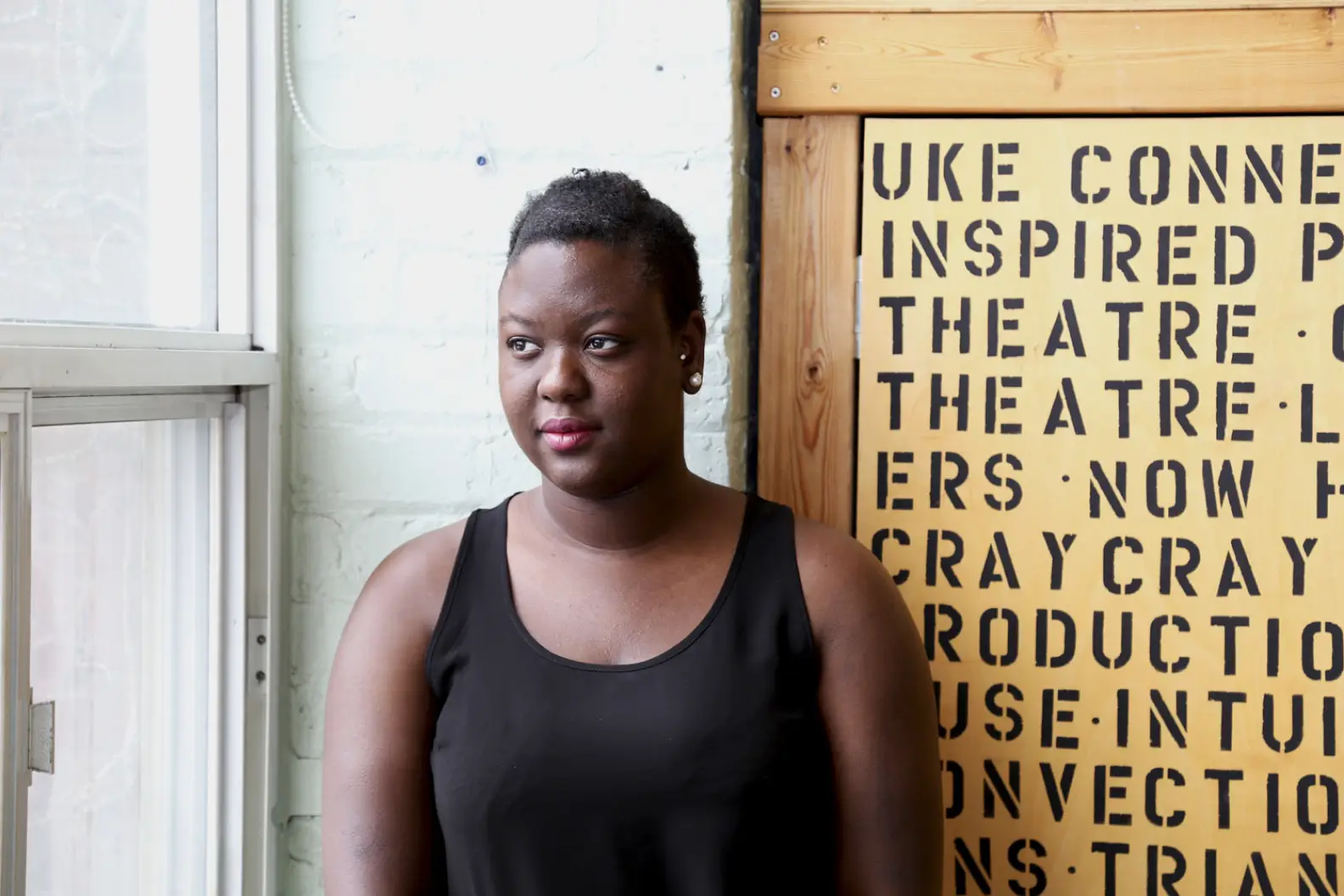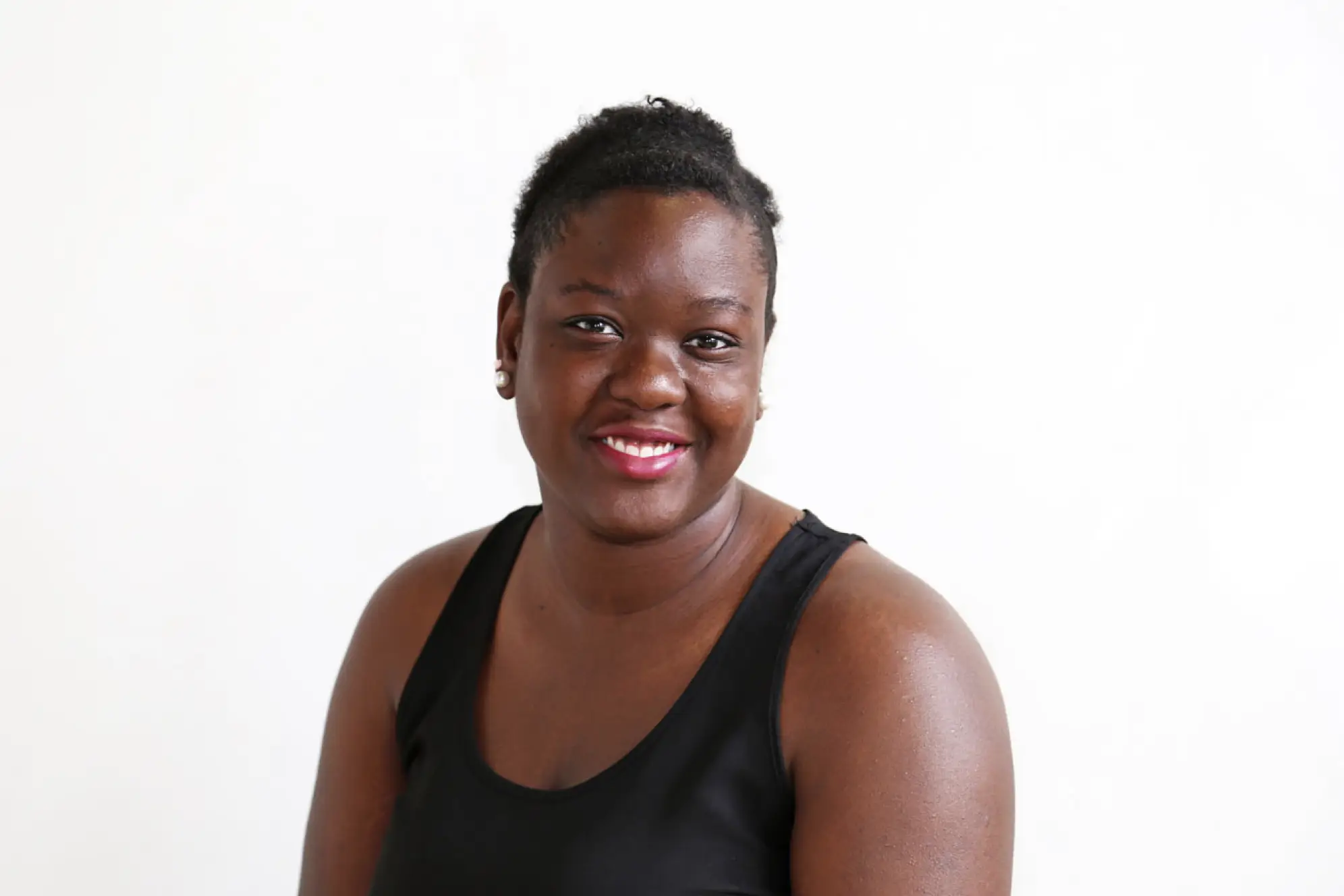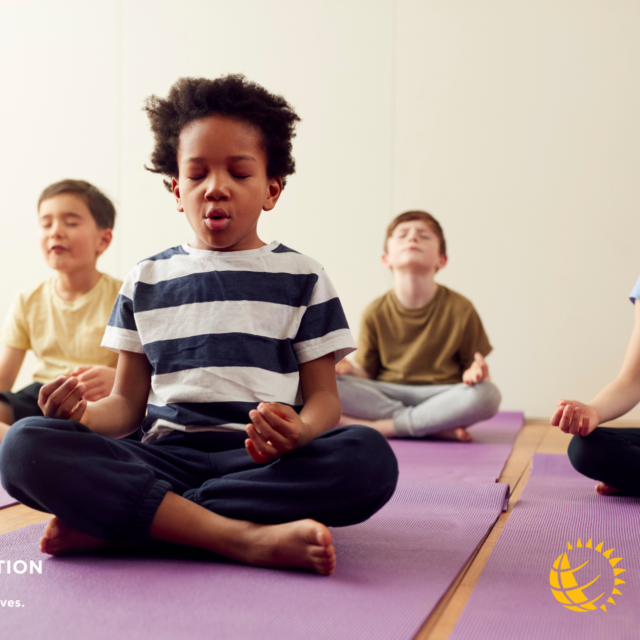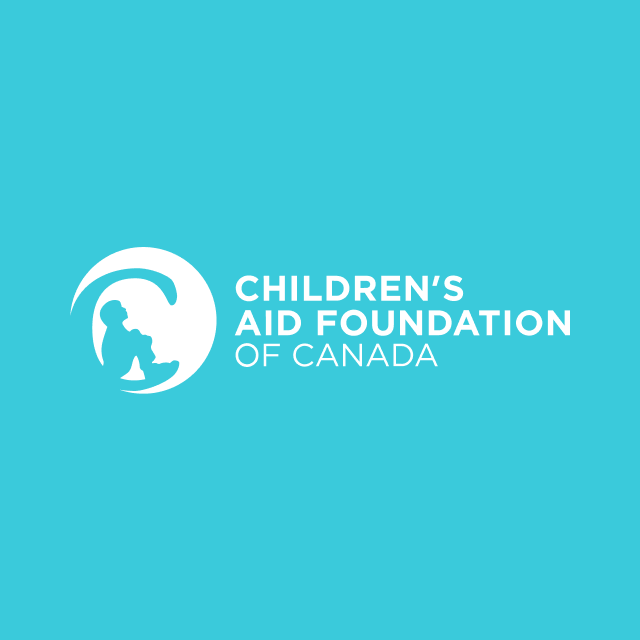There are currently 30,000 children and youth in care eligible for adoption in Canada, yet of this number, only 2,000 are adopted each year. Many of these young people have been abused, neglected, and/or abandoned, and left without the emotional support that permanent families provide. Upon turning 18 or 19, many age out of the care system, and transition to independence while still struggling to build confidence and a sense of stability.
November marks Adoption Awareness month across Ontario, a time to spotlight adoptive families and children who are still waiting for their forever families. Wendy’s Wonderful Kids, a program funded through the Children’s Aid Foundation, works to find permanent homes for foster children, with a special focus on those who have been waiting for the longest periods of time
RAQUEL, this month’s Young Person in Profile, entered foster care at the age of nine due to an abusive home environment. Moving between multiple foster placements, she eventually moved into a home where she developed a strong bond with her foster mother. At the age of 23, she became adopted by the same foster mother, and recently completed Durham College’s Animal Care Program. With the support of the Children’s Aid Foundation, she has received ongoing educational funding
*The opinions and views expressed in this article are that of the youth in profile, and not necessarily reflective of the official opinion or position of the Children’s Aid Foundation.
I want people to know that a lot of youth from care aren’t given opportunities because of living in the system. We’re stigmatized; people think that youth from care won’t go anywhere in life, they have a bad reputation, and they don’t need any more support. But, we can be successful; we definitely do need support, we make mistakes, but being adopted has given me the power to save myself, and think back to when I entered the care system until now.
“I entered the foster care system when I was about 9-years-old. I had visited a friend who knew my family, and she was braiding my hair and found a bump on my head. She said, ‘what happened?’, and I just opened-up to her and told her that my mother had hit me. She called the Children’s Aid Society. I was really confused and scared.”
“The transition into care was very traumatizing because I didn’t know where I would be placed. I was moved into a few different foster homes, then when I was about 12-years-old, I was placed into a foster home with my now adoptive mother. When I was about 16 or 17, I had the decision to make whether I wanted to move back home, transition to independence, or continue living with my foster mother. I thought: ‘I’ve been living with her for so long, I’ve become comfortable with myself, and I’ve had so many experiences with her,’ and so we talked about the idea of her adopting me. I wasn’t officially adopted until I was about 23 or 24. I think the Children’s Aid Society wanted to wait until I was a bit older, so I could make the best decision for myself. But, I just knew, and Sheila [my adoptive mother] was able to provide the care and services to me that my own mother probably couldn’t have given.”

“My adoptive mother is Caucasian, and when I was a teen, people would ask me ‘where’s your mother?’ And, because we’re obviously of different races, people were curious. Some parents tell their kids: ‘don’t associate with kids who come from the child welfare system; you don’t know what they’ve been through, it could have a negative impact on you’. I’ve actually had a few friends who I lost when their parents found out I was in the child welfare system.”
“I met-up with my biological mother and had the conversation with her about being adopted, and she was furious. She really couldn’t understand or see it from my perspective; you know, all the years that went by, where she wasn’t able to be there, and the pain she inflicted on me; I just couldn’t pretend like everything was OK. And with my adopted mother, I feel like I can count on her and I’m safe; she supports me every day, and I’m always learning from her.”
“Family is being able to share a bond with someone you love; it doesn’t have to be blood-related. There has to be a sense of feeling comfortable with that person and confiding in that person, and being able to share anything with them. Youth that haven’t grown-up in care, they have the financial and emotional support of their family. Youth who grow-up in care, they don’t really have anyone to depend on. Like, if they want to go to post-secondary school but are struggling, they have no one turn to and to say: ‘I’m really struggling right now, I’m wondering if I can get some help’. Having the support of places like the Children’s Aid Foundation is really helpful, and someday I’d like to be able to give-back to youth from care, too.”
“When I first entered care, I was very shy and timid. I didn’t talk, I didn’t know what to say, or thought that if I said something bad, I would be taken to another home. It wasn’t until I was placed with my adoptive mother that I began to feel comfortable. Another amazing experience was being introduced to her dog, which I was initially really afraid of. I told that dog all my secrets. And then eventually, I started talking to everyone. Right now, I’m attending Durham College and taking their Animal Care Program. I have a part-time job working in the veterinary hospital and have been doing some cat sitting on the side.”
“I want people to know that a lot of youth from care aren’t given opportunities because of living in the system. We’re stigmatized; people think that youth from care won’t go anywhere in life, they have a bad reputation, and they don’t need any more support. But, we can be successful; we definitely do need support, we make mistakes, but being adopted has given me the power to save myself, and think back to when I entered the care system until now. Where I am, I’ve been loved so much. My adoptive mom is always giving me that little push, and encouraging me.”
Support young people like RAQUEL in achieving their full potential.


